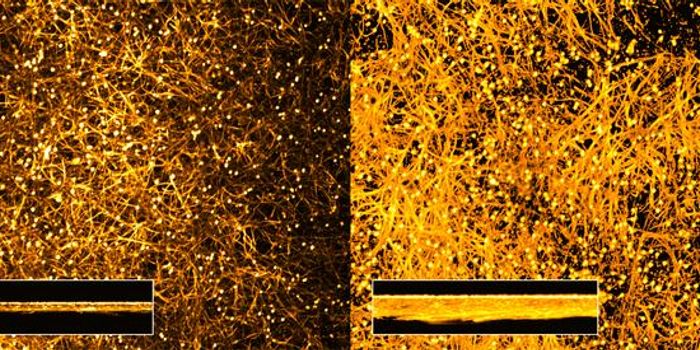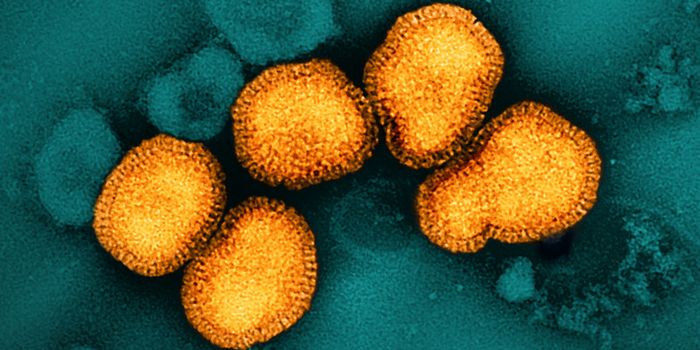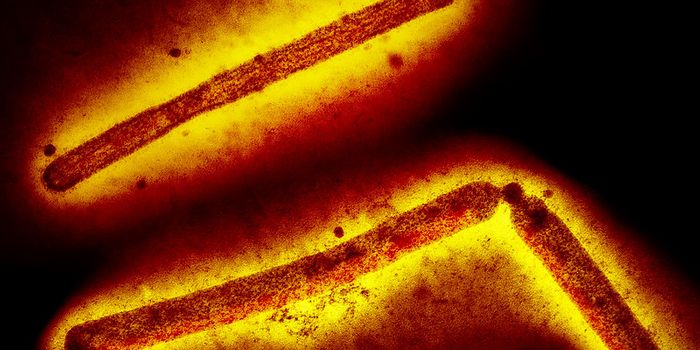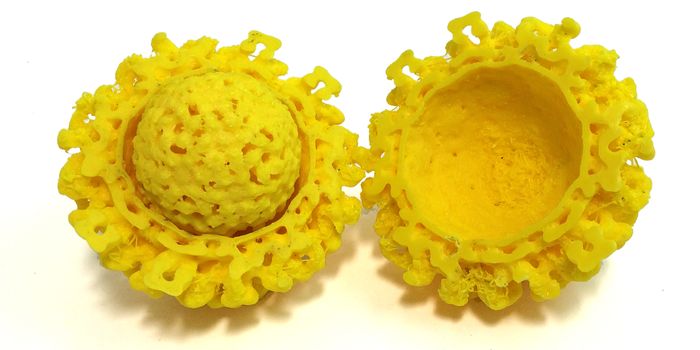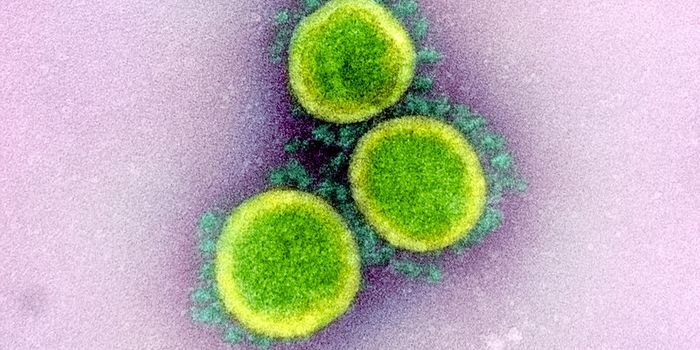There is a rich community of microbes residing in the gastrointestinal tracts of animals including humans, the microbiome. Researchers have been delving deeper into the study of this incredibly complex feature of organisms; it is important to health and has been linked to a wide array of disease states. Scientists have now identified another incredible power of the microbiome – it can influence gene expression by exerting epigenomic effects, which modulate gene levels without changes to the genome itself.
Reporting in Molecular Cell, a team of investigators at the University of Wisconsin-Madison used mice fed different diets and raised in different environments, one of which was “germ-free,” to learn how the gut microbiome affects gene expression in the cells of the host. The cells that show altered gene expression occurs not only in the colon, but extends to the liver fat in other areas of the body.
"The bugs are somehow driving gene expression in the host through alteration of the epigenome," explained John Denu, a Professor of Biomolecular Chemistry at UW-Madison, and a co-author of the new study. "We're starting to understand the mechanism of how and why diet and the microbiome matter."
The study showed that diet has a strong influence on the microbiome. Federico Rey, a UW-Madison Professor of Bacteriology and a co-corresponding author of the new work, explained that a plant-based diet yields a rich and diverse microbiome: "A good diet translates to a beautifully complex microbiome; and we see that the gut microbiome affects the host epigenome in a diet-dependent manner. A plant-based diet seems to favor host-microbe communication," Rey said.
The researchers found that when gut bacteria eat and ferment bacteria derived from plants a small set of short-chain fatty acids is created; they serve as molecular messengers that communicate with host cells by impacting the epigenome.
"One of the findings here is that microbial metabolism or fermentation of plant fiber results in the production of short-chain fatty acids. These molecules, and potentially many others, are partially responsible for the communication,” explained Denu.
Through their work, the investigators determined that this communication is dependent on diet. Animals that had been fed the diet high in fats and sugars had a reduced ability to communicate with the cells of the host. The team suggests that the composition of a healthy human microbiome was determined in the distant past, when the diet did not include many of the meats and processed foods that comprise diets of today. It appears that while foods with a lot of fat and sugar are easy to digest, they probably are not beneficial to the microbes of the gastrointestinal tract. The result is a reduction in diversity in the microbe population and less interaction with the host.
"As we move away from plant-based diets, we may be losing some of that communication between microbes and host," commented Rey. "With a Western-type diet, it seems like the communication between microbes and host gets lost."
The scientists were surprised by the evidence that gene expression was happening in fatty tissue in other parts of the body and the liver, outside of the gut. Denu said this is additional evidence that the microbiome is important to host health.
Providing mice in a germ free environment with short chain fatty acids aided the researchers in observing the changes in the epigenome. Denu explained that this was a critical experiment, showing that that diet resulted in the same kinds of alterations in the epigenome that a plant fiber did had.
"It helps show that the collection of three short-chain fatty acids produced in the plant-based diet are likely major communicators," added Denu. "We see that it is not just the microbe. It's microbial metabolism."
For an in-depth look at how germ-free mice are used to study the microbiome, watch the above video.
Sources:
AAAS/Eurekalert! via
University of Madison-Wisconsin, Molecular Cell


